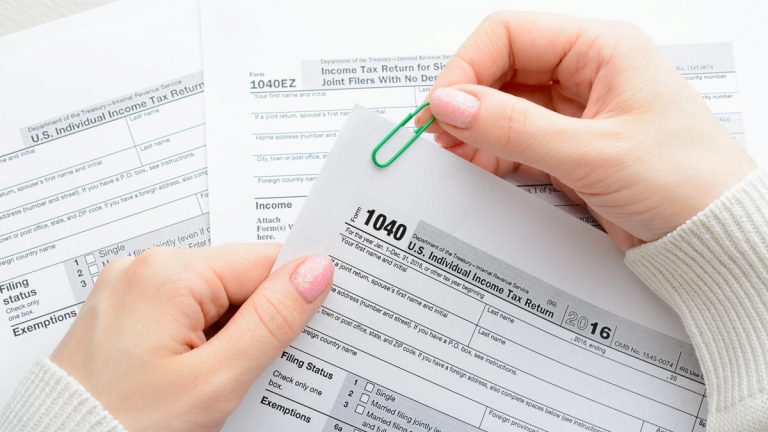If you’re starting a business, child labor laws shouldn’t be a worry. Child labor laws are not specific enough to cover every imaginable type of work, so we can’t say with certainty that this won’t be a problem — it might depend on what type of business you want to start. But, in general, child labor laws do not apply to young entrepreneurs.
Before we explain more, we should explain what child labor laws are. These are laws to protect young people — they require employers to give you extra protection if you’re under 18. For instance, teens can’t do dangerous jobs and you can’t work at all if you are under 14.
But these laws, in general, exempt young entrepreneurs. The website of the U.S. Department of Labor states: “Young entrepreneurs who use the family lawnmower to cut their neighbor’s grass or perform babysitting on a casual basis are not covered” by child labor laws.
And each state has its own laws. In North Carolina, for instance, child labor laws do not apply to “minor chores around private homes or casual babysitting,” according to the website of the N.C. Department of Labor.
Just because the laws cited above only specifically mention babysitting and lawnmowing doesn’t mean only those businesses are exempt from child labor laws — those are only examples. (The law can’t mention every imaginable business.)
It’s easier to say what kind of business you cannot start. Federal and state laws ban minors (those under 18) from engaging in specific types of work. For instance, in North Carolina, you could not start a business that requires you to be around explosives, operate power tools or be exposed to radiation (things you probably wouldn’t want to do anyway).
You can check the website of the U.S. Department of Labor (www.dol.gov) as well as the labor department in your state to be sure. But unless your business involves hazardous work, you should not have to worry about child labor laws.





